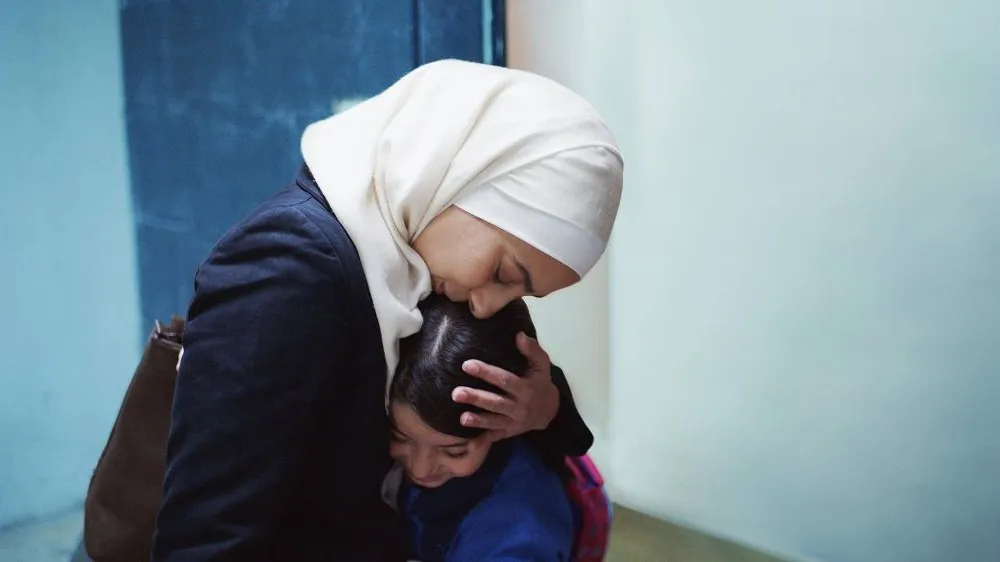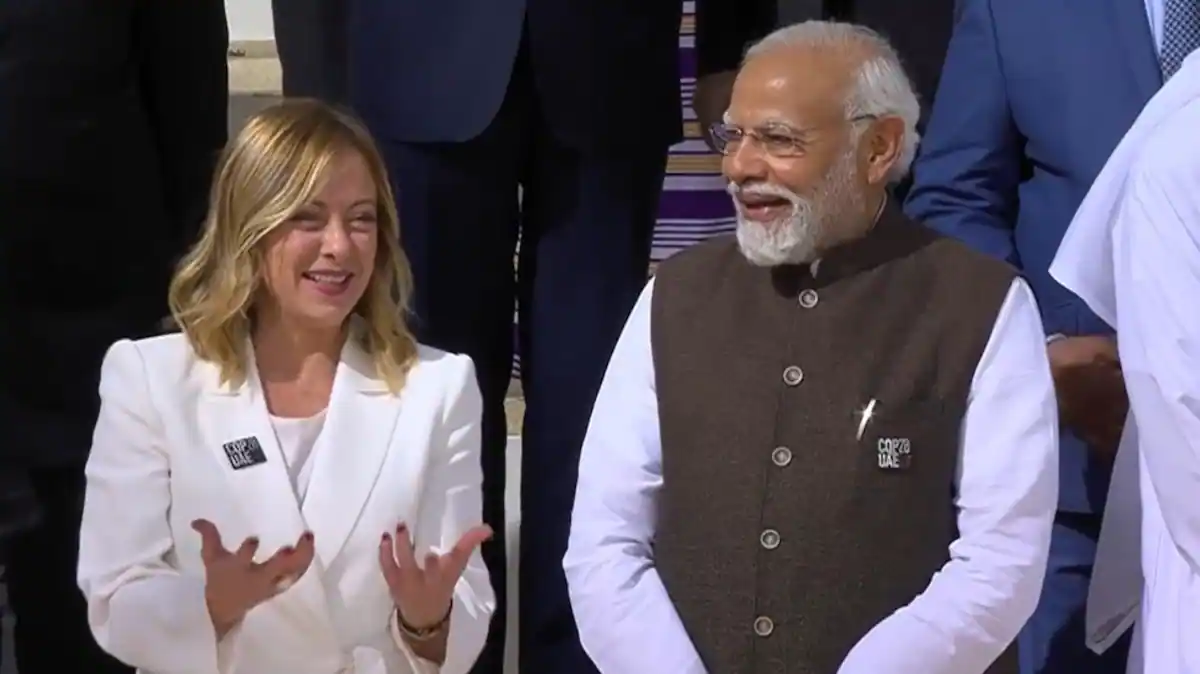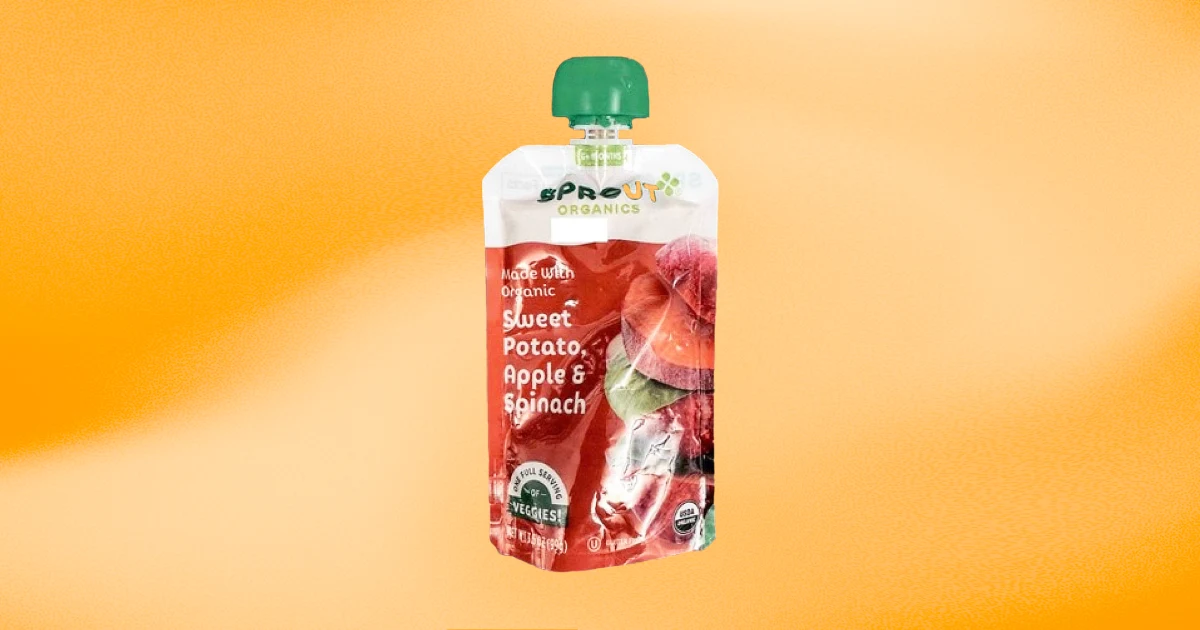
Jordan is no longer content to serve as a rugged backdrop for Hollywood epics. With a new cash rebate of up to 45%, the launch of Olivewood Studios, its first full-fledged studio complex, and steady political support from the royal family, the Kingdom is positioning itself as both a regional and international production hub. Speaking to Variety from South Korea’s Busan Film Festival, where the Royal Film Commission hopes to court new projects and partners, Ahmad Khatib, communications and culture manager at the Royal Film Commission, emphatically declared, “We want to become the Korea of the Middle East,” pointing to Korea’s blend of global exports and thriving local industry as a model.
The strategy goes beyond luring foreign shoots. Jordan aims to strengthen its own creative sector so that films and series made locally can resonate with Arab audiences across a shared language and culture while also appealing internationally. As RFC’s Tala Zumot notes, Jordan’s pitch rests not only on rebates and infrastructure, but also on safety, stability and an increasingly skilled talent pool. It’s a long-term play to export stories and services, just as much as landscapes.
That mix of global ambition and regional grounding is reflected in the following slate of Jordanian titles, ranging from festival-lauded dramas to bold projects still in development. Together, they show a cinema coming into its own. Here are 10 to watch.
‘Sink’ (‘Gharaq’ (2025)
(Zain Duraie, Jordan, Saudi Arabia, Qatar, France. Produced by Alaa Alasad and Hind Anabtawi)
“Sink” tackles the unspoken toll of mental illness within Arab households. Produced by Jordan’s Tabi360 with a robust regional and European co-production network, the TIFF- and BFI-selected drama follows a mother in denial as her teenage son’s mental state unravels. Anchored by Clara Khoury, the film has backing from the Jordan Film Fund, Red Sea Fund and Doha Film Institute. Duraie says she hopes the film sparks urgent conversations “around mental health, emotional repression, and survival behind closed doors not only in the Arab world, but universally.”
‘From Temporary to Semi-Permanent’ (in development)
(Bayan Abuta’ema, Jordan)
Winner of three awards at the 2025 Amman Film Festival, Bayan Abuta’ema’s directorial debut maps life in Jordan’s Palestinian refugee camps. Structured around the five stages of grief, each represented by a different camp, the project explores how “temporary” shelters have evolved into layered, semi-permanent homes. Self-produced but backed by in-kind support from the French Institute in Jordan and international industry mentors, the project reflects Abuta’ema’s own displacement. “This film is an act of witnessing,” says the Palestinian director, who hopes to amplify voices too often reduced to statistics.
‘Asphalt’ (in development)
(Hamza Hamideh, Jordan. Produced by Mahmoud al Massad)
Winner of the IEFTA Award at Cannes Docs 2025, Hamza Hamideh’s “Asphalt” paints a raw portrait of life inside Jordan’s Baqaa refugee camp. The documentary follows 20-year-old Debs, a goat herder whose dreams of marriage are derailed on Oct. 7, followed by repeated mourning rituals and the cycle of despair that accompanies war. Produced by veteran Mahmoud al Massad’s Amman-based outfit Jo Image, the film weaves intimate observations with the wider realities of exile, protest, and generational trauma. For Hamideh, whose relatives have called the camp home, the project is deeply personal, rooted in a determination to preserve Baqaa’s stories.
‘Inshallah A Boy’ (‘Inshallah Wahad’ (2023)
(Amjad Al Rasheed, Jordan, France, Saudi Arabia, Qatar, Egypt. Produced by Rula Nasser, Aseel Abu Ayyash, Nicolas Leprêtre, and Yousef Abd Al-Nabi)
The first Jordanian feature ever to premiere at Cannes’ Critics’ Week,’ Amjad Al Rasheed’s “Inshallah A Boy” has since traveled to more than 140 festivals, taking home around 40 awards. Produced by The Imaginarium Films with Georges Films and Bayt Al Shawareb, the drama stars Mouna Hawa as a widow battling patriarchal inheritance laws. Backed by the Jordan Film Fund, France’s CNC, Red Sea Fund, and Doha Film Institute, the film has secured global distribution in Europe, North America, Asia, and MENA. Al Rasheed says he set out to ask, “What if a woman says no?” For him, “Film should hold a mirror to society, even when the image is hard to look at.”
‘The Last Mayor of Jerusalem’ (in development)
(Kinda Kurdi, Jordan, U.K. Produced by Kurdi and Brian Hill)
Blending archival memoir with dramatization, “The Last Mayor of Jerusalem” explores the story of the city’s final Palestinian mayor in 1948. Directed and produced by Kinda Kurdi for K² Visual Media alongside Century Films, with Brian Hill executive producing, the project has been awarded at FIPA Doc and the 2025 Amman Film Festival. With a cast including Sofia Asir and Mohammad Bakri, the film aims to shed new light on a political decision that still resonates at the core of the Palestinian-Israeli conflict that rages to this day. Kurdi calls the project “an inspiring story of resistance, revival, and hope.”
‘Six 2 One’ (in development)
(Tamir Naber, Jordan. Produced by Ghassan Salti and Johnnie Dabeet)
Marking Tamir Naber’s feature debut, “Six 2 One” revisits the roots of the first Palestinian Intifada. Produced by FilmCrew, Moonstone, and Fluid Productions, the drama follows four Arab fighters on a one-way glider mission. A 2024 grant recipient from the Jordan Film Fund and a 2025 AIFF Awal Film Award winner, the film is eyeing a late 2026 shoot. “It’s not about perfect heroes or dry history,” says Naber. “It’s about real, flawed and human, who choose belief over fear.”
‘The Orange Grove’ (in development)
(Murad Abu Eisheh, Canada, Jordan. Produced by Rula Nasser, Veronika Molnar, and Roger Frapper)
Adapted from Larry Tremblay’s acclaimed novel, “The Orange Grove” marks the first Canada-Jordan official film treaty co-production, produced by Max Films with Jordan’s The Imaginarium Films. Set partly in a war-ravaged grove, Murad Abu Eisheh follows twin brothers torn apart by fate, before shifting to Toronto where one pursues a life as an actor. Currently in development for a 2026 shoot, the project has support from Marrakech’s Atlas Workshops and Doha’s Script Lab. It took home big prizes at this year’s AIFF, including a Royal Film Commission development award. Producer Veronika Molnar calls it “a story that is as intimate as it is universal.”
‘My Sweet Land’ (2024)
(Sareen Hairabedian, Jordan, France, Ireland, United States. Produced by Hairabedia and Azza Hourani)
Armenian-Jordanian filmmaker Sareen Hairabedian brings a deeply personal lens to ‘My Sweet Land,’ a coming-of-age documentary about 11-year-old Vrej growing up amid the trauma of war in Artsakh (Nagorno-Karabakh). The film, rooted in Hairabedian’s own family history of displacement, explores how children inherit both dreams and burdens in militarized lands. Helmed by producer Azza Hourani, the project is a co-production with the support of IVTS, Arte France, World of HA Productions, and the Jordan Film Fund. After a world premiere at Sheffield DocFest 2024, “My Sweet Land,” has been screened at DOC NYC, Palm Springs, and Carthage, and was theatrically released in Los Angeles in 2024.
‘AlRawabi School for Girls’ (2021, 2024)
(Tima Shomali, Jordan. Produced by Shomali, Shirin Kamal, Islam Alshomali, Nadine Toukan (season 1), and Issam Husseini (season 2))
Netflix’s first Jordanian original, “AlRawabi School for Girls” marked a breakthrough for the Kingdom’s screen industry, ranking among the streamer’s Top 10 most-watched series in over 45 countries. Created by director and showrunner Tima Shomali and produced by Filmizion Productions, the young adult drama blends revenge-fuelled storytelling with sharp social critique, tackling bullying, patriarchy, and the pressures of social media across two seasons. Supported by Jordan’s robust rebate program, the series has received acclaim and awards, including Best Levant Series at the 2024 Joy Awards. “The world is now like a global village, especially with streaming platforms. Now is the time for our stories to travel,” remarks Shomali.
‘Simsim’ (2025)
(Sondos Smerat, Jordan. Produced by Qais Noamani and Khaled Haddad)
Marking the feature debut of Jordanian filmmaker Sondos Al-Smerat, “Simsim” was developed through the Royal Film Commission’s first feature workshop in Irbid and co-produced by Noamani Art Production and Slate Film Services. The drama follows Simsim, a wife forced into marriage, who seeks a divorce after her father’s death, but faces resistance from her husband – who will only release her once he remarries. Starring newcomer Saja Kilani, the film won two special mentions at the 2025 Amman International Film Festival. Al-Smerat frames the story as both social critique and symbolic exploration of women’s struggle against patriarchal systems.



